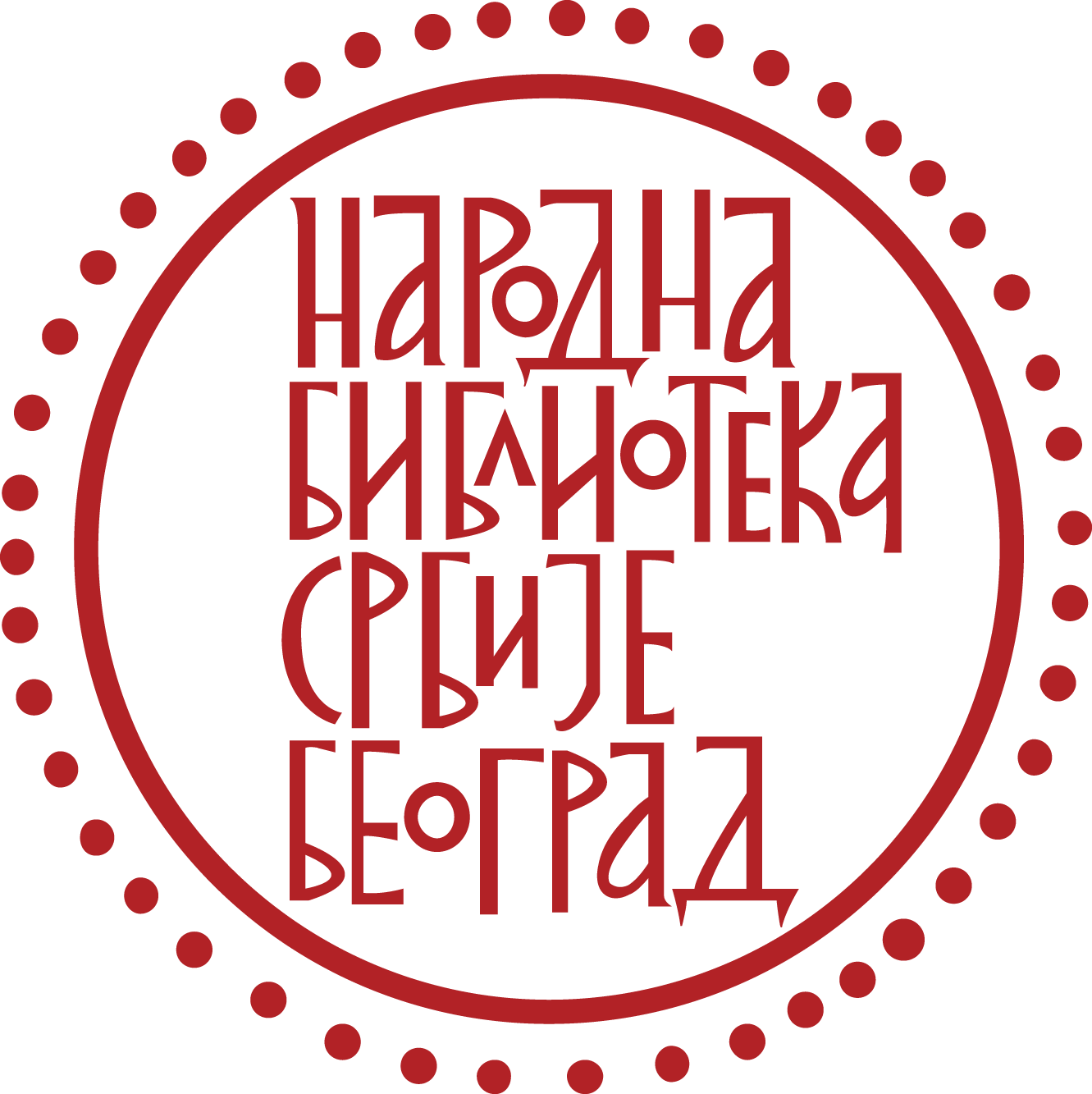Reinventions: Jelica Belović-Bernadzikowska’s Ethnographic Turn
DOI:
https://doi.org/10.18485/knjiz.2019.9.9.3Keywords:
reinvention, Jelica Belović-Bernadzikowska, ethnography, emancipation, sexologyAbstract
Jelica Belović-Bernadzikowska’s (1870–1946) life and work provide considerable insight into the conditions surrounding the new types of professional women of the early 20th century. Her extensive published work transcended categories of pedagogy, social commentary, feminism and ethnography and appeared in a variety of formats from fiction to academic writing. This essay deals with a brief portion of Belović-Bernadzikowska’s life; the period from 1902 to 1914, in which she successfully transformed herself and her public persona from a schoolteacher in the schools of Bosnia and Herzegovina into a respected ethnographer and expert on women’s textiles. This was not a voluntary transformation; she was forced into a new career in 1902 when she was relieved of her position as a teacher by the Provincial Government. How she accomplished a professional reinvention is the topic of this essay; but she experienced other personal and political changes as well – including a rejection of her native Croat patriotism in favor of greater sympathy with the Serbs. These reinventions took several years, but a significant signpost of her growing success appeared in 1909. At this point she began to write for the scholarly (albeit controversial) German-language journal, Anthropophyteia, published by the renowned Balkan ethnographer and sexologist Friedrich Salomo Krauss. With a growing reputation outside the Slavic lands, Jelica was on her way to achieving the academic, scholarly acclaim she craved. For a time, she hoped to break through the gendered barriers that restricted female writers among the Southern Slavs.











